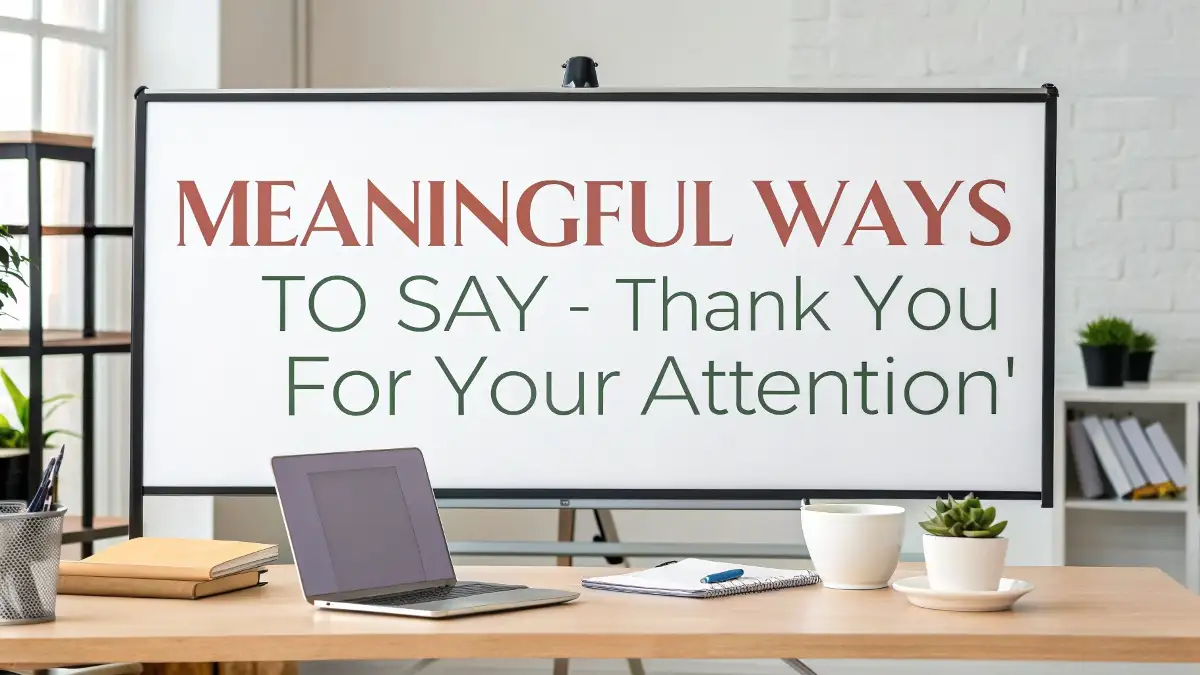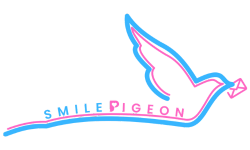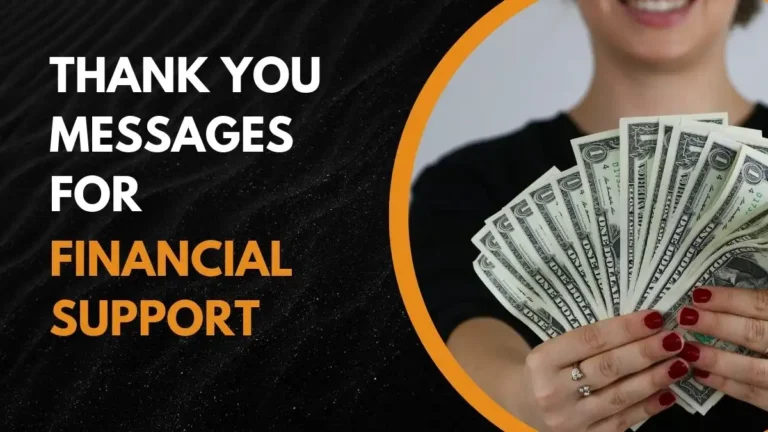30 Meaningful Ways to Say “Thank You for Your Attention”

Gratitude is a universal language that never goes out of style, especially when it comes to acknowledging someone’s time and focus. Whether you’re wrapping up a meeting, finishing a presentation, or sending a crucial email, expressing thanks for someone’s attention is both courteous and impactful. I remember once after a long team meeting, a simple “thank you for your attention” from the manager made everyone feel seen and appreciated.
It’s these small gestures that foster respect, encourage engagement, and build lasting connections. If you want to go beyond the standard phrase, here are 30 meaningful ways to say “thank you for your attention,” with tailored examples for quotes, presentations, and emails.
Thank You for Your Attention Quotes
Each of these quotes acknowledges not just the act of listening, but the quality of attention given. They’re perfect for closing a meeting, ending a speech, or following up after a group discussion. Using a little extra detail in your gratitude makes your thanks feel personal and genuine.
- Thank you for your attention; your focus and engagement truly made a difference today.
- I appreciate your attention and interest—it’s not taken for granted in our busy lives.
- Your attention throughout this session means a lot; thank you for being so present.
- Thank you for your attention and thoughtful listening; it helped make this discussion meaningful.
- I’m grateful for your attention and willingness to consider these ideas with an open mind.
- Thank you for your attention and patience as we worked through these important topics together.
- Your attention is a valuable gift—thank you for sharing it so generously with us.
- Thank you for your attention and the respect you’ve shown during this entire process.
- I sincerely appreciate your attention and the thoughtful questions you brought to our conversation.
- Thank you for your attention; your time and focus have truly enriched this experience for everyone
Recommended: 49 Thank You Messages for Support at Work
Thank You for Your Attention Presentation
When wrapping up a presentation, these messages reinforce your appreciation for the audience’s focus. They also encourage future engagement and leave your listeners with a positive impression of both you and your message.
- Thank you for your attention during my presentation; your focus made sharing these ideas worthwhile.
- I appreciate your attention and the energy you brought to today’s presentation—thank you sincerely.
- Your attention and interest throughout this presentation have been noticed and are greatly appreciated.
- Thank you for your attention; your engagement helped create a positive and interactive learning environment.
- I’m grateful for your attention and thoughtful participation during my presentation—it means a great deal.
- Thank you for your attention and for making this presentation a valuable experience for us all.
- Your attention and insightful feedback during my presentation were truly appreciated—thank you for your support.
- Thank you for your attention and for taking the time to consider these important points.
- I appreciate your attention and the respect you showed to all speakers during this session.
- Thank you for your attention; your presence helped make this presentation a real success.
Thank You for Your Attention Email
These email closings are ideal for professional settings where you want to acknowledge someone’s effort and focus. They’re especially effective when you’re asking for continued cooperation or following up on an important request.
- Thank you for your attention to this matter; your prompt response is greatly appreciated.
- I appreciate your attention and careful review of the details shared in my previous email.
- Thank you for your attention; your willingness to address this issue quickly means a lot.
- I’m grateful for your attention and the thoughtful feedback you provided in your last message.
- Thank you for your attention and for keeping this project moving forward with your support.
- I sincerely appreciate your attention and the time you’ve dedicated to resolving this concern.
- Thank you for your attention and for ensuring all questions were answered in your reply.
- I appreciate your attention and the professional way you handled this situation in our correspondence.
- Thank you for your attention; your follow-up and care have not gone unnoticed in this process.
- I’m grateful for your attention and for keeping everyone informed with your timely updates.
Conclusion
Expressing gratitude for someone’s attention is a simple yet powerful way to show respect and appreciation. Whether in quotes, presentations, or emails, saying “thank you for your attention” helps build positive connections and encourages engagement. Use these meaningful phrases to convey your appreciation sincerely and effectively. Remember, a little gratitude goes a long way in fostering understanding and collaboration.
Frequently Asked Questions (FAQs)
Q1: Is it correct to say thank you for your attention?
Yes, it is correct and professional to say “thank you for your attention,” especially in formal settings like presentations, meetings, or business emails. This phrase politely acknowledges the time and focus someone has given your message, making it suitable for both written and spoken communication.
Q2: How to say thank you professionally?
To thank someone professionally, use phrases like “Thank you for your attention,” “I appreciate your time and consideration,” or “Thank you for your prompt response.” These expressions are clear, polite, and show respect for the recipient’s effort or input. Tailoring your message to the context and relationship adds sincerity and professionalism.
Q3: How do I thank for attention in a presentation?
At the end of a presentation, you can say, “Thank you for your attention,” or use alternatives like, “I appreciate your attention and engagement,” or “Thank you for your time and interest in this topic.” This acknowledges your audience’s focus and leaves a positive, respectful impression as you conclude






